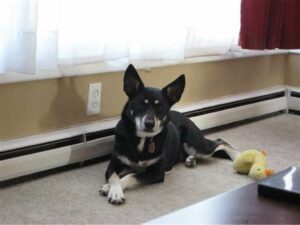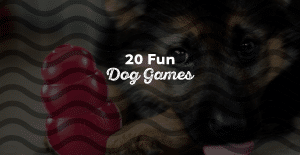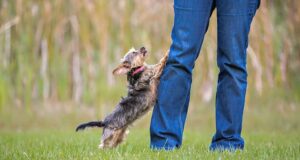There is a potential for harm to come to a new puppy during its first few weeks of life. They have to be able to find their way to their mother so that they can suckle; they have to be kept warm in dog bed for mother and puppies; they have to have their bodily functions taken care of by their mother; and they are at the mercy of illness, disease, and damage once they are outside of the womb. Being a newborn puppy can be challenging, but in the vast majority of situations, the mother dog will do an excellent job of providing for all of her puppies’ needs.
On occasion, however, you will be called upon to lend a helping hand in order to care for a frail child who is not receiving the necessary level of attention.
Tips to take care of puppies when they’re 1 week, 1 month, and 3 month old

When pups are one week old, we longlivedog.com here to give the top five things you should do to care for them:
- They need to be kept warm. It is essential to ensure that newborn puppies are kept warm because they are unable to effectively regulate their own body temperature. You are able to accomplish this by providing them with a warm habitat that is free from drafts and is in the form of a whelping box. It is also possible to use a heating pad or a heat lamp in order to keep them warm.
- Give them food on a regular basis. When they are first born, pups need to be fed every two to three hours. You have the option of either giving them formula in a bottle or allowing their mother to nurse them. If you are going to be bottle-feeding your puppy, it is essential that you select puppy formula that has been developed specifically for their age.
- Make sure they are clean. Puppies that have just been born are unable to clean themselves, so it is essential that they be kept clean. You can accomplish this by using a moist cloth to gently wipe them offto clean themselves, so it is essential that they be kept clean. You can accomplish this by using a moist cloth to gently wipe them off. In addition to that, you should trim their nails on a regular basis so that they don’t scratch themselves. You can also antibiotic spray for dogs or flea collar for puppies
- Keep an eye on their state of health. It is critical to keep a close eye on the physical well-being of your puppies. Be on the lookout for symptoms of illness, such as nausea and vomiting, tiredness, and diarrhea. If you observe any of these symptoms in your puppy, you should take him or her to the veterinarian as soon as possible.
- Get them out and about. It is critical to initiate the process of socializing your puppies at an early age. Because of this, they will have a better chance of being well-adjusted dogs. The best way to socialize your puppies is to introduce them to a wide variety of people, environments, and sounds.
Additional helpful hints are as follows:
- In the event that the mother is not around, you will have to feed the puppies with a bottle.
- You are going to have to encourage the puppies to urinate and defecate on their own. This can be accomplished by rubbing the
individual’s vaginal region with a warm, damp cloth in a circular motion. - Vaccinations are required to be given to puppies beginning when they are 6 weeks old.
- At the age of six months, it is recommended that puppies be spayed or neutered.
It can be a lot of effort to take care of newborn puppies, but it is also a tremendously gratifying experience. You can ensure that your pups have a sign happy dog and healthy childhood by following the advice in this article.
What do 1-week-old pups need?
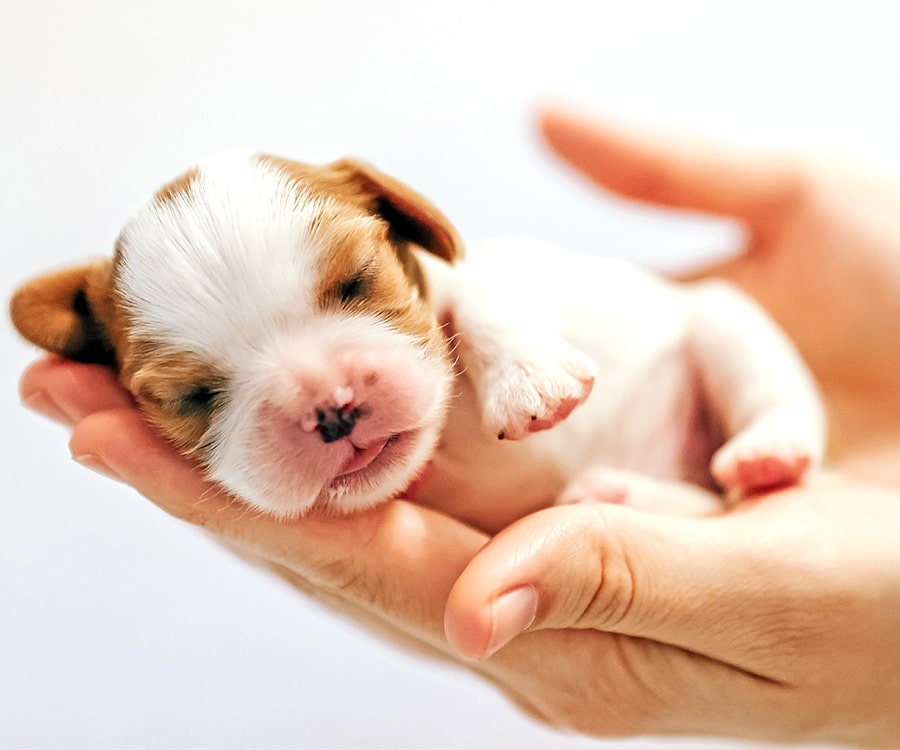
Puppies that are one week old require the following:
- Warmth. Puppies are unable to self-regulate their body temperature when they are first born, so they require constant heating. Warmth can be provided by using a heating pad or lamp, respectively.
- Food and water were both essential. Puppies require feeding every two to three hours. They can be bottle-fed with a puppy milk replacement formula if you choose to do so. In addition, there needs to be constant water availability.
- Cleanliness. It is imperative that puppies be kept clean in order to stop the spread of infection. Their bedding should be changed every day, and after each feeding, they should be cleaned with a moist cloth and wiped down with a new one.
- Grooming. To avoid mats and tangles, puppies need to have their coats brushed regularly. Brushing their fur on a daily basis and trimming their nails once a week will keep them looking their best. Use pet shampoo for puppies to make safe for your puppies
- Socialization. It’s important to start socializing puppies at a young age so they can become acclimated to being around people and other animals. They need to be handled and played with on a consistent basis.
- Vet care. Within a few days of their birth, puppies should make their first trip to the veterinarian for a checkup. Additionally, they should be immunized against the most frequent diseases.
The following are some extra pointers for caring for puppies who are one week old:
- Be careful when you handle them. At this stage in their development, puppies are extremely delicate, so it is essential that they be handled with care.
- Don’t just walk away from them like that. At this stage in their development, puppies should not be left unattended for extended periods of time.
- Keep an eye on their weight. It is essential to keep an eye on their weight to ensure that they are putting on mass at a rate that is not unhealthy.
- Be patient. At this age, puppies still have a lot to learn, so it is important to be patient with them.
Can 1-week-old puppies sip water?
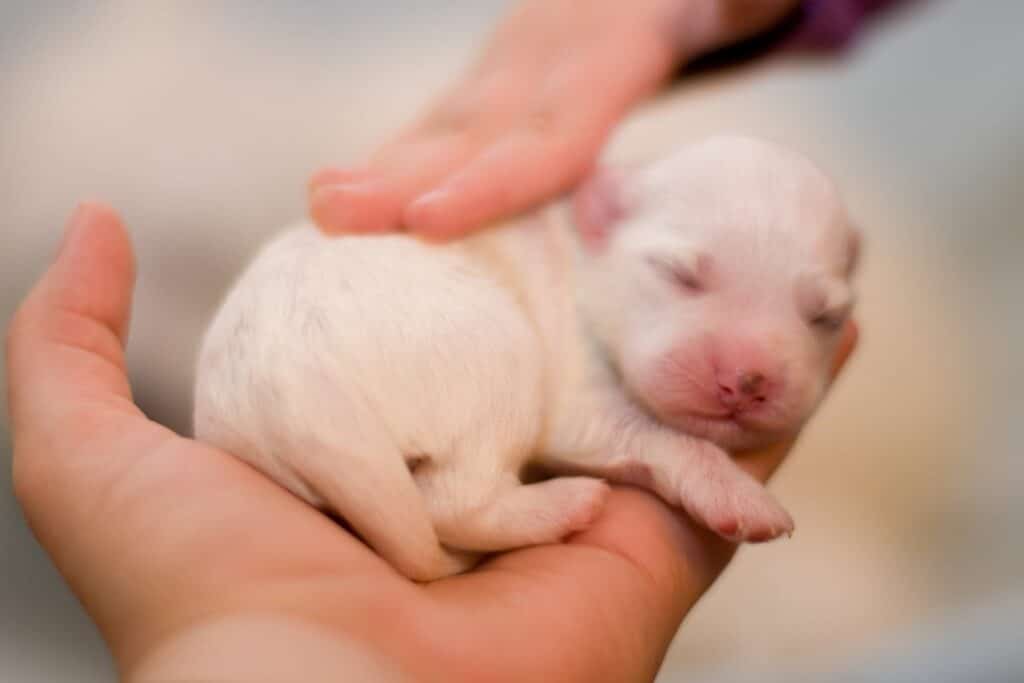
No, 1-week-old puppies cannot drink water. They are provided with all of the necessary liquids through their mother’s milk. Puppies make the switch to solid food and water somewhere between the ages of three and four weeks old. You can try to pique their curiosity by putting some water in a shallow dish and giving it to them, but they might not be interested at first. Don’t worry; as long as you keep providing it to them, they will ultimately take a drink.
The following are some suggestions for acclimating puppies to the presence of water:
- Make sure the dog bowl isn’t too deep, since you want the puppy to be able to drink readily.
- Place the bowl of water in an area where the puppy won’t be disturbed, and provide it to it.
- Beginning with a modest bit of water and working up to the whole amount as the puppy becomes accustomed to it is the best approach.
- If the puppy does not appear interested in drinking water, you can try adding a tiny amount of milk or broth to the water and seeing if that encourages him to drink.
Please consult your dog’s doctor if you have any questions or concerns regarding the amount of water that your puppy is drinking.




